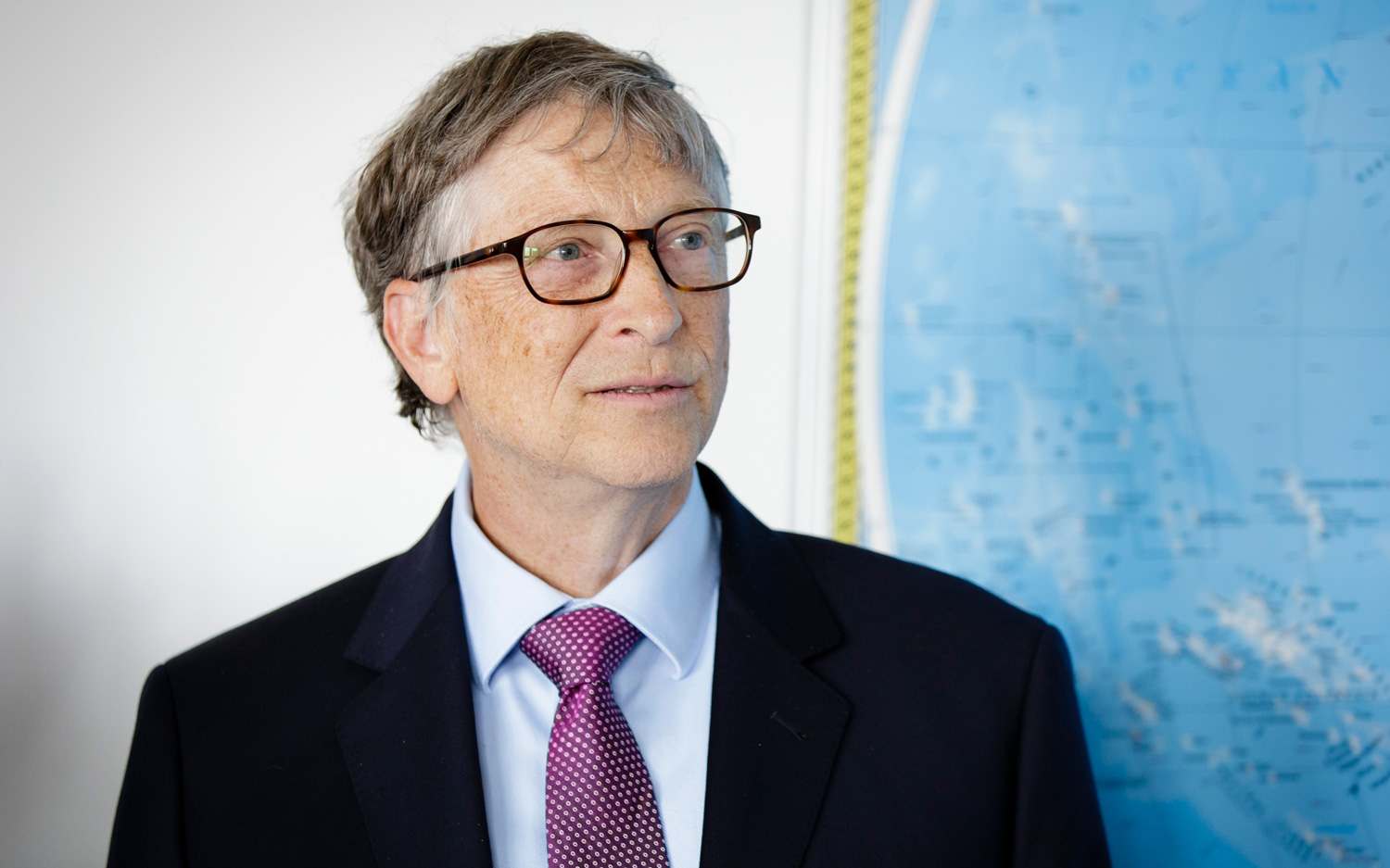
Trump Asked About 'Difference Between HIV and HPV,' Bill Gates Says

Bill Gates recently divulged to his staff an interesting detail from his meetings with President Donald Trump: Gates says Trump repeatedly asked him about the difference between two notorious viruses, HIV and HPV.
Gates made the claim in video footage obtained by MSNBC host Chris Hayes. The video shows Gates speaking to staff at a recent meeting of the Bill & Melinda Gates Foundation, Gates' private charitable organization, according to NBC News.
Gates described two separate meetings with the president related to science and innovation. "Both times, he wanted to know the difference between HIV and HPV, and so I was able to explain that those are things that are rarely confused with each other," Gates said.
HIV and HPV do have similar names, but they are very difference viruses. HIV, or human immunodeficiency virus, attacks the body's immune cells and can eventually prevent the body from properly fighting off infections, leading to acquired immunodeficiency syndrome, or AIDS. There's no cure for the disease, and without treatment, it's typically fatal. But with treatment, HIV infection can be controlled, according to the U.S. Department of Health & Human Services.
HPV, or human papillomavirus, is a group of more than 150 related viruses that infect different parts of the body. They're very common — it's estimated that 80 percent of people will get an HPV infection in their lifetime, according to the Centers for Disease Control and Prevention. Most infections go away on their own, but some can linger and lead to health problems, including genital warts and cancer. There are vaccines to prevent HPV infection.
Both viruses can be sexually transmitted.
Originally published on Live Science.
Sign up for the Live Science daily newsletter now
Get the world’s most fascinating discoveries delivered straight to your inbox.

Rachael is a Live Science contributor, and was a former channel editor and senior writer for Live Science between 2010 and 2022. She has a master's degree in journalism from New York University's Science, Health and Environmental Reporting Program. She also holds a B.S. in molecular biology and an M.S. in biology from the University of California, San Diego. Her work has appeared in Scienceline, The Washington Post and Scientific American.
Measles has long-term health consequences for kids. Vaccines can prevent all of them.
100% fatal brain disease strikes 3 people in Oregon









